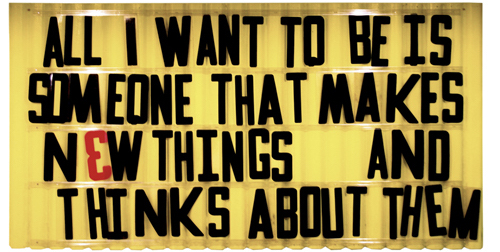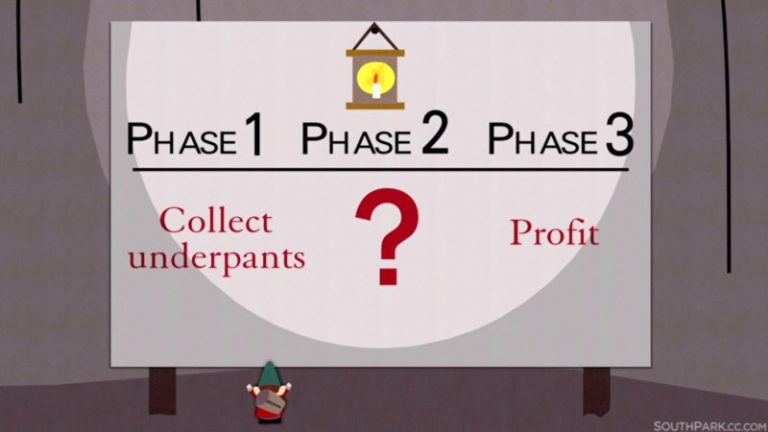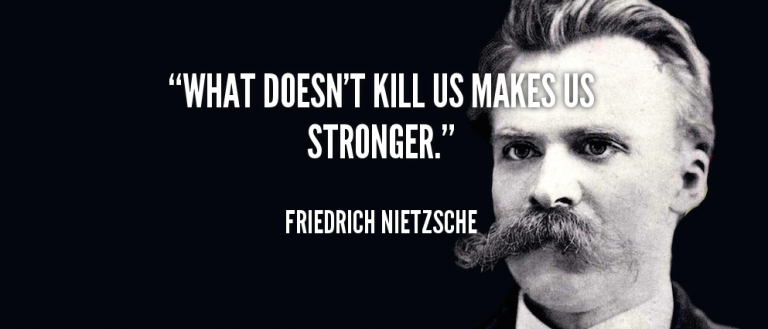It has been said that democracy is the worst form of government except
all those other forms that have been tried from time to time.
— Sir Winston Churchill

Neither democracy or capitalism are perfect. They are both flawed and subject to all kinds of abuses.
But they are also both two of the most successful and enduring systems we’ve come up with so far. And why?
Because they both let people pursue their own self-interest.
In a democracy, people vote according to their own self-interest, and the general will ends up being less prone to mistakes than any individual or small group of individuals. In a market economy, everyone acts in their own self-interest, and that’s what lets invisible hand make things efficient in the long-term.
But it turns our that we’re happier when we do things for other people.
So how can we build a viable gift economy? How do we make each other happy and still pay the bills?










I think that gift economies work best with a small, concentrated population whose survival relies on the strength of each other. The problem with barter arises when those bartering disagree upon the uniform “value” of a gift/service exchanged. Cash is impartial. A $5 bill is five dollars, regardless of who exchanges it for what. There are those who may disagree what something is “worth” (ie. there’s no way in hell I’ll ever pay more for $125 for a handbag, but there are those who just freaked out at that amount while reading for being to high, while others laughed because it’s so paltry).
I also think that capitalism and democracy are self-correcting. It’s just that the pendulum is a bitch when it’s changing direction.
Yeah, that pendulum is a harsh reminder of how unforgiving gravity can be — what goes up, must come down.
I think there was a reason why the Founding Fathers here in the US used the phrase “the pursuit of” in front of happiness, as some people simply don’t want to be happy!
Just because you have pure capitalism and democracy it doesn’t mean you will have people dying in mass on the streets. Oh wait, we already have that. Within a mile of where I am in Chicago, it happens all the time. There are hospitals rising throughout the city with the names of benefactors plastered on them, and I am certain we would see more if there were less governmental hands in the cookie jars that are the businesses of our world.
And I agree with you mckra1g – the pendulum the other way sucks. Granted many non-profits suffer and even die during these times. But some manage to get by, and that’s when they take a capitalistic view of how to run the “business” that is their non-profit. I know one specifically in Boston who, if you met their executive director, you’d think he was a corporate executive. Yet his heart is more massive than any other I have seen, yet he is able to focus on the money and goals of his organization and keep it alfoat during tough times.
Go all of us!
mp/m
So how can we build a viable gift economy?
You begin by telling everyone about it. Create plenty of buzz. Challenge everyone to create a vision about it. With the internet technology we currently have, a world gift economy is possible. It would certainly be nice to have a Gift Economy on this planet. It may not happen next week, but if the human race truly advances in a social sense, it’s inevitable.
Off the top of my head, here are some general steps to a global Gift Economy:
1. First, tell others about it, and if they like the idea, encourage them to keep telling others, and so on.
2. Learn about the nature of banking. For starters, go to YouTube and search for videos about central banking, the Federal Reserve, fiat currency, etc. Wake up to the true nature of banking.
3. There are already Gift Economy websites and organizations. Participate and support them. Right now, don’t expect the government to get behind the Gift Economy. The Gift Economy will come from the people.
4. Start giving at a level that’s comfortable for you. What wouldn’t you mind giving? If you own a business, give Gift Economy discounts. Also, consider a percentage of what your business offers that you can give freely. You can start by giving away as little as one percent, in time more.
5. Be willing to play the game (if only in your imagination) of “Let’s See How Close We Can Get to Utopia.” If we don’t aim for utopia, it’s because we have no vision, and our optimism is dead. Imagine a strong full-blown high tech Gift Economy established on a global scale. What kind of world would that be? You would just Google whatever you wanted, and it would be there free for you. Imagine what it would feel like to wake-up to such a world. Compared to the money world we have now, for most people, it would feel something like getting out of jail.
We can create a super Gift Economy. Be willing to think outside the money box. The entire universe operates without money, except for the monetary system of social control we have on Earth. Yes, the Gift Economy challenges us, but it’s a challenge worth pursuing. It requires advancement in social consciousness.
I have come across two new gift-economy projects recently: the “freebay” website regioshare.org and the recommendation to put the “UStagset” (for used articles you are willing to give to someone else) on your website or blog ( http://www.tagsets.org )
Robert